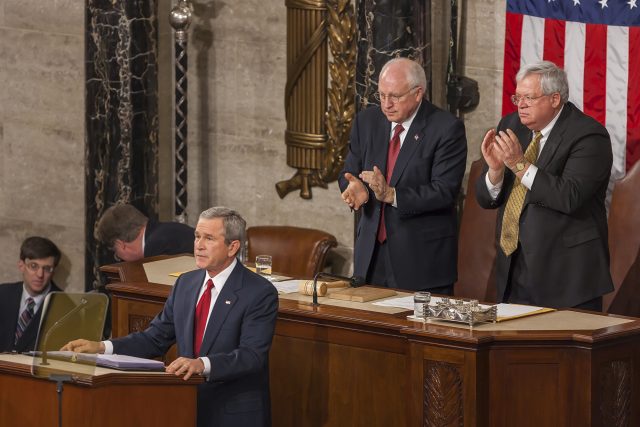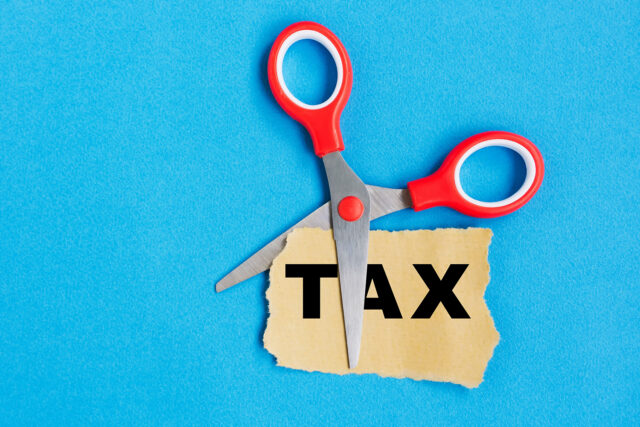
Three Reasons to Let the Bush Tax Cuts Expire
Alicia H. Munnell is a columnist for MarketWatch and senior advisor of the Center for Retirement Research at Boston College.
President Obama should let the Bush 2001/2003 tax cuts expire at the end of 2012, not only for the wealthiest Americans but also for couples with incomes under $250,000 and for individuals with incomes under $200,000. To accomplish this goal he needs to do nothing. Gridlock and inertia are on his side.
Letting the tax cuts expire would accomplish three important goals. First, it would provide funds in the short run to help the unemployed. Yes, we have all lost money in our 401(k)s and maybe had our salaries frozen, but the unemployed have borne the brunt of this recession. Second, letting the tax cuts expire would cut the projected 2020 budget deficit by more than one third. Such a step would restore some confidence that the federal government knew how to manage its finances. Third, it would reduce the divisive rhetoric of pitting the wealthy against the middle class.
The Great Recession has driven the U.S. unemployment rate from 5 percent to over 9 percent, making joblessness the single biggest and most urgent domestic issue. Six million Americans have been unemployed for more than six months. Unemployment benefits provide some support, but most people simply do not have the resources to weather such an extended period without work. The resulting psychological and financial pressure destroys marriages, disrupts families, and devastates neighborhoods. And prolonged unemployment can result in individuals being permanently disengaged from the labor force, a tragic outcome for the individual and the nation.
This country needs an immediate solution to unemployment. It cannot wait until the economy slowly makes it way to health. A portion of the revenue saved by ending the Bush tax cuts should be used to create jobs for the nation’s unemployed and provide funding for state and local governments to prevent more layoffs. The jobs could be created through subsidies to private sector employers or through direct support for persons to help teachers in the classroom, provide care for the nation’s elderly, clean up our parks and subways, or repair our aging infrastructure. It is simply unfair for nine percent of households to bear most of the burden of the fallout from the financial crisis. And direct job creation – not lower taxes – will give the greatest momentum to the recovery.
Allowing the Bush tax cuts to expire would also represent a solid down payment on our fiscal bill. According to economists Alan Auerbach and Bill Gale, the deficit may well exceed 6 percent of GDP by 2020, with the debt-GDP ratio reaching 90 percent. Not extending the Bush tax cuts could reduce the 2020 deficit by one-third, even if some of the savings were directed towards the unemployed over the next few years. We never needed and could never afford the cuts in the first place. In fact, the reason they were originally slated to expire was a budget gimmick to disguise their long-run costs. If we don’t get rid of the tax cuts now, they will do more damage to our nation’s fiscal future.
Finally, allowing the Bush tax cuts to expire for everyone will restore a sense of national unity. Dividing the nation’s households into the “wealthy” and “the middle class” creates one more fissure in a country that is already fractured along so many dimensions. The progressivity of the personal income tax will ensure that those with higher incomes pay more — $803 for a household with a cash income of $40,000-$50,000; $1,677 for a household with $100,000-$200,000; and $18,529 for a household with income between $500,000-$1,000,000. And remember that all of us paying those higher taxes have jobs.







